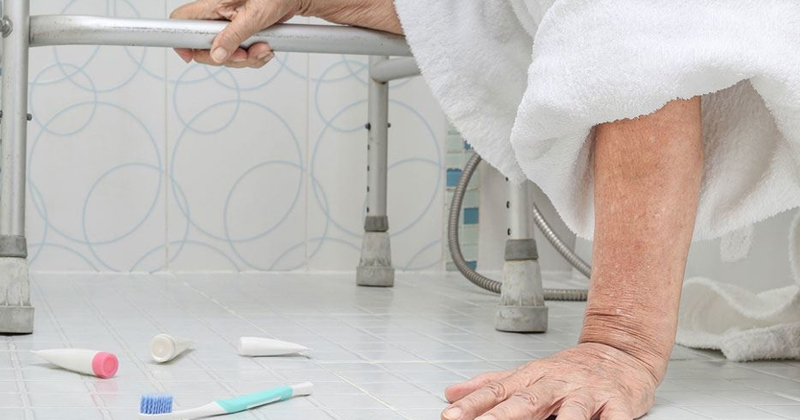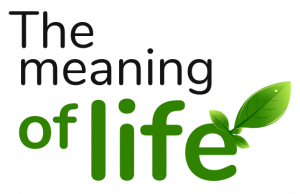5 Most Surprising Bathroom HαzαrdѕPut Elderly at Risk

1. Mold
Bathroom mold is quite common and can cause many allergic reactions that include nausea, coughing, and many others.
There are things you can do to prevent it; for example, having the bathroom door partially open while showering, running an exhaust fan both while washing and for another 20 minutes after that.
2. Slippery Floors, Dangerous Consequences
Slippery floors often have a shiny appeal, and although you have good visibility, it is very easy to slip and fall, injuring yourself.
A non-slip floor should be installed in the bathroom. So, along with constant vigilance, using rubber mats, padding protruding objects, and adding handholds in areas where you are likely to slip-such as the wall next to the shower-are just a few simple ways to prevent such accidents from occurring.
3. Lack of adequate lighting
Many people 65 and older need to use the bathroom in the middle of the night. Unfortunately, being half awake will only increase the chances of tripping or slipping and possibly falling in the bathroom. The solution is to install a simple night light that can at least make it clear where the light switch is in the dark.
4. Close your toilet seat
Each time you flush the toilet, a jet of water droplets is produced. Contained within these droplets are bacteria that generate e-coli. When the lid is left up during flushing, such bacteria will be dispersed onto anything nearby, such as toothbrushes, hand towels, and bars of soap.
Whenever there is feces or vomit in the toilet, and the lid is not closed, the bacteria remain in the toilet for hours after flushing, putting you at risk of infection.
5. Hot water
As we age, our skin becomes thinner and more sensitive to exposure to high water temperatures. At the same time, there is less ability to sense when the water is so hot that it can scald or burn the skin. Help prevent burns on your elderly loved one by having a professional hand set the water heater thermostat between 110 and 120 degrees, which is considered safe by experts.

















